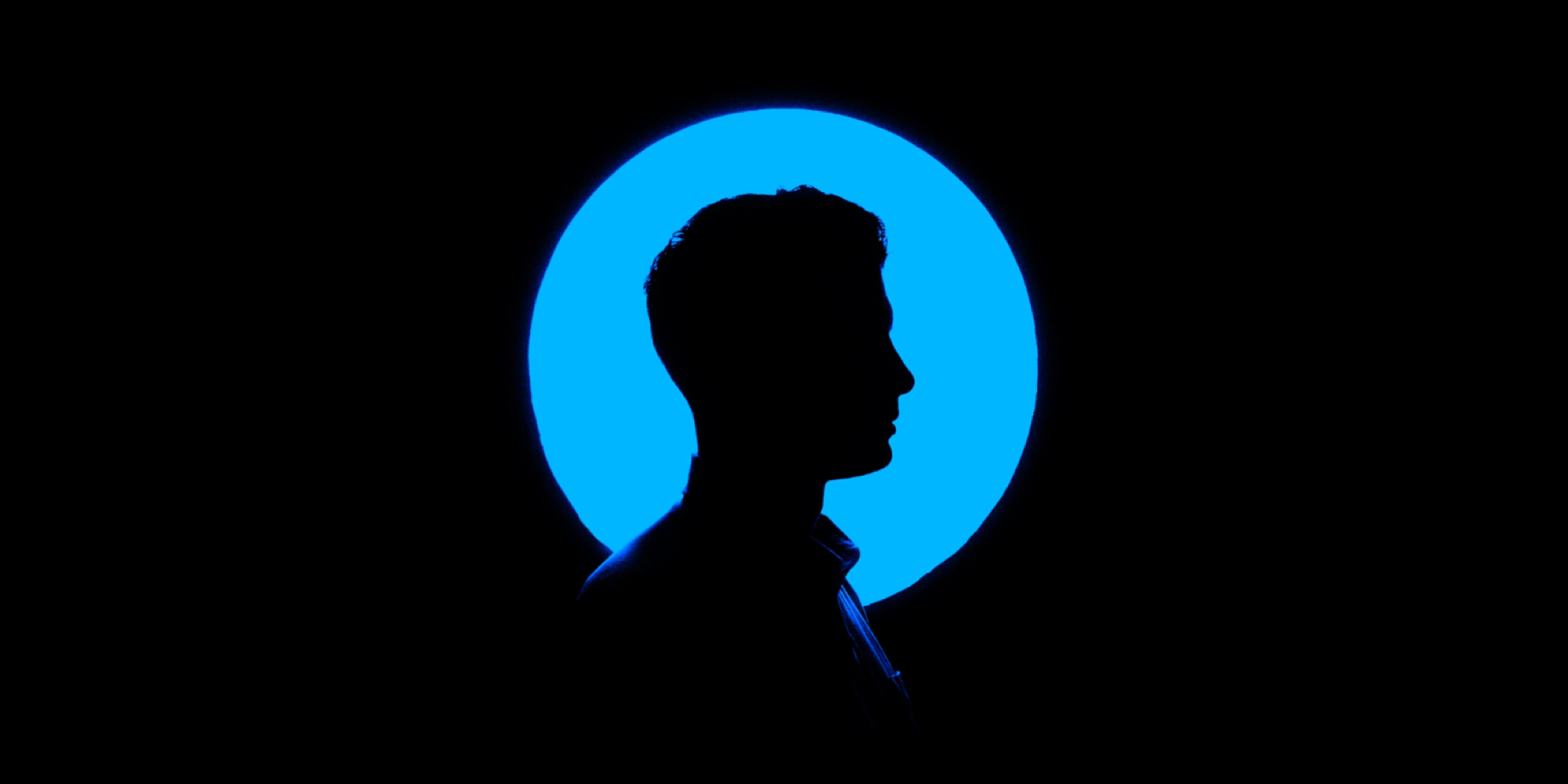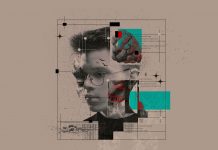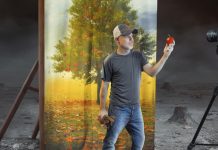At a time when the abundance of information makes it imperative to talk about information hygiene, critical thinking should be the first missing filter we talk about.
People of all ages, most of them university graduates, argue either for or against the sharing of videos without a source, in other words without the possibility of verifying its authenticity. An article with seemingly scientific but unsubstantiated ideas goes viral despite its uselessness. A discussion generated by an opinion-former’s post leads to passionate stances that confuse preference and belief with opinion and argument, and quickly degenerate into name-calling.
Critical thinking is very often called for, but very rarely practised. When it is not entirely absent, it seems to be identified more with disagreement as a principle or with outright polemic. True critical thinking, however, makes us, first of all, methodological in the evaluation and interpretation of information, and honest in examining and discarding parasitic presuppositions (false beliefs or personal preferences that distort the logical approach) and in adopting irreducible presuppositions (fundamental beliefs that cannot be scientifically validated or invalidated). Second, critical thinking urges us to examine as many factors as possible that are demonstrably relevant to the claim or opinion being evaluated. And third, critical thinking teaches us that sometimes our certainties are at best reasonable (logically justified), but not absolute, and therefore we need dialogue.
Critical thinking is very often called for, but very rarely practised. When it is not entirely absent, it seems to be identified more with disagreement as a principle or with outright polemic.
In other words, critical thinking helps us to constantly deconstruct and reconstruct our thinking. Change happens because we can more easily identify the different ways of interpreting information, and ultimately choose the one that is most faithful to verified data and logically constructed arguments. In short, we must speak of change daily, as a natural process of growth, so that our words are powerful.
Norel Iacob is editor-in-chief of Signs of the Times Romania and ST Network.



















